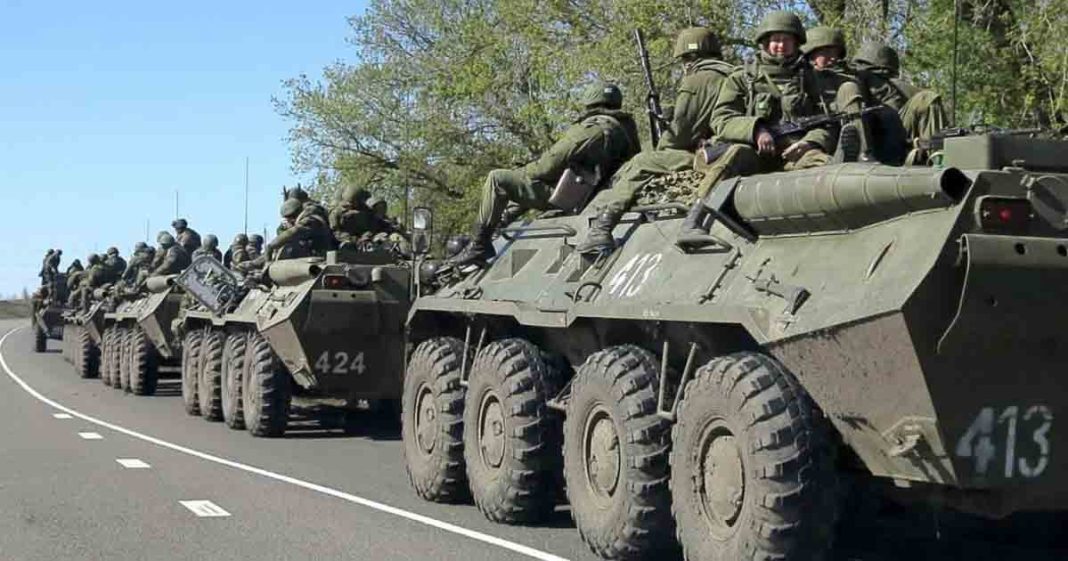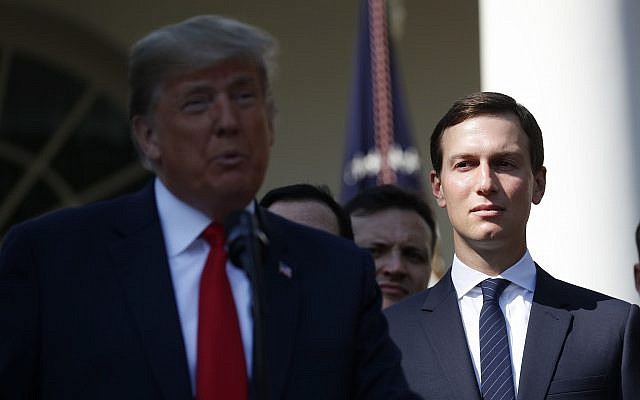Currently, the Russian invasion of Ukraine has gained global attention as the most significant and consequential event in international politics. The ongoing war in Ukraine has reasserted the relevance and role of nuclear weapons in deterring attacks and ensuring national survival. Ukraine, which once had the world’s third-largest nuclear stockpiles, was invaded by Russia in February of this year, raising the question of whether Ukraine could have avoided the Russian invasion and threats to its national survival if it had not given up its nuclear arsenal.
Following the collapse of the Soviet Union in 1991, Ukraine inherited the world’s third largest nuclear stockpile including an estimated1,900 strategic warheads, 176 intercontinental ballistic missiles (ICBMs), and 44 strategic bombers. In 1994, under the Budapest agreement, Russia, the United States, and the United Kingdom extended security assurances to the newly independent nation of Ukraine, and Ukraine agreed to return those weapons to Russia. However, these guarantees turned out to be worthless. Given the fact that nuclear deterrence has worked in avoiding major wars and invasions for seven decades, a nuclear-armed Ukraine could likely have played a decisive role in the current Russia-Ukraine War rather the war could potentially be prevented.
Read more: Russia Ukraine War: What are the lessons for Pakistan?
Understanding the matter better
It is quite evident from history that states that sought to acquire nuclear weapons capability for their national security have deterred the perceived external aggressions and ultimately ensured their national survival. The ongoing crisis in Ukraine has proven that the possession of nuclear weapons by a state help deter an attack and ensures its survival in the face of aggression from a rival state and threats to territorial integrity. When a state`s security and territorial integrity is threatened by the aggression of a rival state, nuclear weapons potentially ward off such episodes by threatening unacceptable retaliation to any such attack and thereby deterring rivals from invasion.
The world has already seen the direct consequences of wars that could not be averted through conventional arms. Iraq, Libya, and Afghanistan are cases in point. These countries did not have nuclear weapons and suffered badly as a direct consequence of wars that resulted in regime change, mass killing of innocent citizens, and the worst economic crisis. Given these scenarios, North Korea continues to test nuclear weapons, and the US-led global efforts for denuclearization have so far come to nothing. Because the Hermit Kingdom believes that nuclear weapons provide a vigorous hedge against foreign invasion.
After the Russian invasion, the fate of the nuclear-nonproliferation regime may be in doubt as more states may see nuclear weapons as a vital source of deterrence. They may be eying on Ukraine and conclude that how a weaker state with no security assurances is invaded by a powerful state. Also, they could be motivated by North Korea and see how even such a weaker and isolated regime could survive and gain a level of prestige by developing nuclear weapons.
Read more: Western assistance or logistical nightmare for Ukraine?
It is high time that the world powers make serious efforts to bring an end to a month-long conflict, which has profound political and economic ramifications on the world. Also, they should assure Russia that its sovereignty is not in danger. This will help bring a breakthrough, thus ending the conflict and reviving peace and stability. If the conflict continues and leads to further annihilation, it could set a precedent that could be damaging to the future of the nuclear non-proliferation regime. The invasion of smaller states by major powers for their strategic objectives could undermine the non-proliferation efforts by the international community, as weaker states would depend more on nuclear deterrence instead of security guarantees by major powers.
The Author is working as a Research Fellow at Balochistan Think Tank Network at BUITEMS, Quetta. The views expressed in the article are the author’s own and do not necessarily reflect the editorial policy of Global Village Space.














